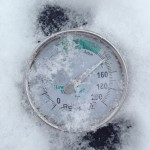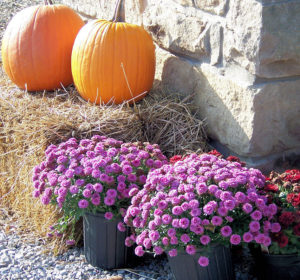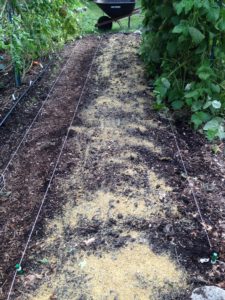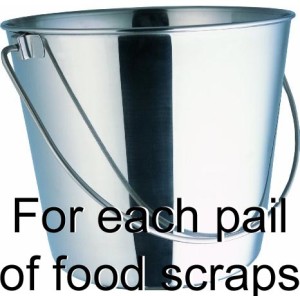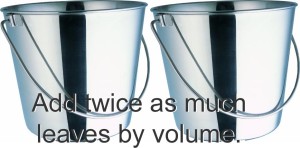 I should have posted this earlier, but I’ve got one class (Thursday, October 1) and one event (Thursday, October 8) coming up.
I should have posted this earlier, but I’ve got one class (Thursday, October 1) and one event (Thursday, October 8) coming up.
The class is Composting 101, taught through Arlington Community Education, Thursday, October 1, 7 – 8:30 pm. We’ll cover all sorts of information, from basics to advanced, with time left over for questions.
The event is Rot & Roll, put on by the Arlington DPW, Thursday, October 8 from 4-6:30, heavy rain cancels. The event is free and held in the parking lot of the Arlington DPW, 51 Grove Street.
I’ll be there answering as many compost questions as I can (last event was a blast, with all sorts of composting questions coming from a large crowd), and DPW will have compost units for sale. Other groups, including LexFarm will be there showing off worm composting and other fun activities for the kids.
I hope you consider joining me at one or both events!
